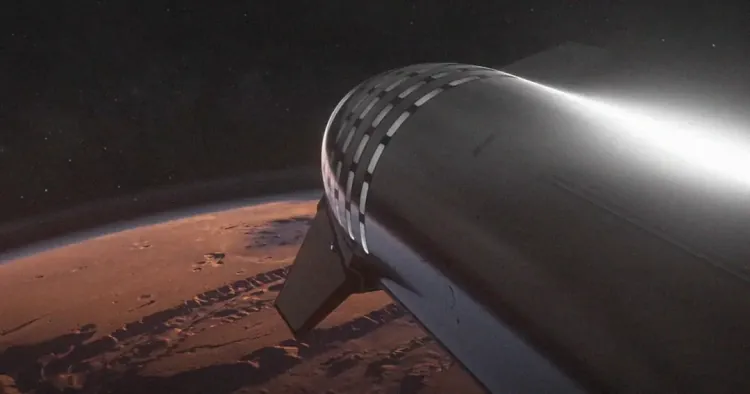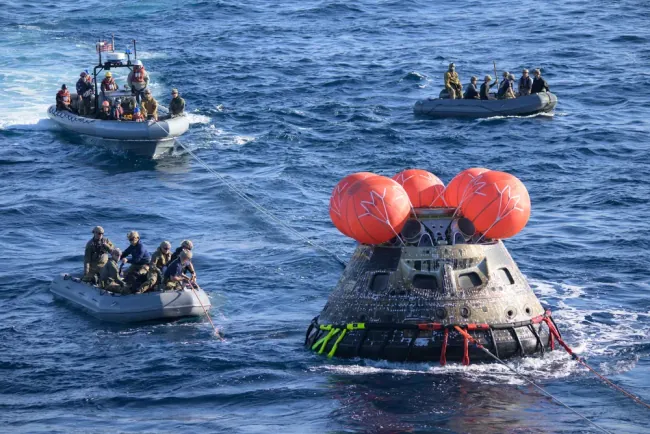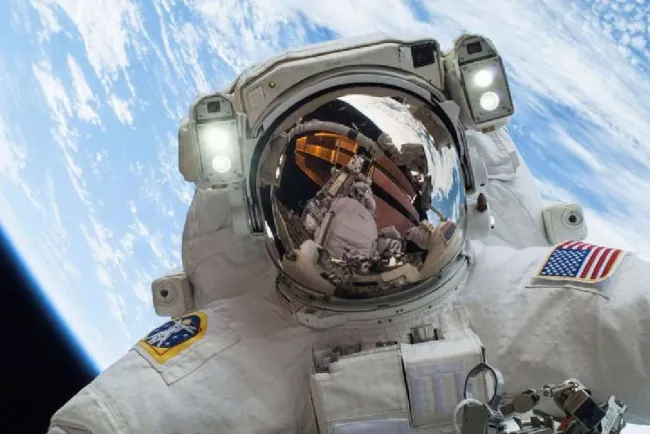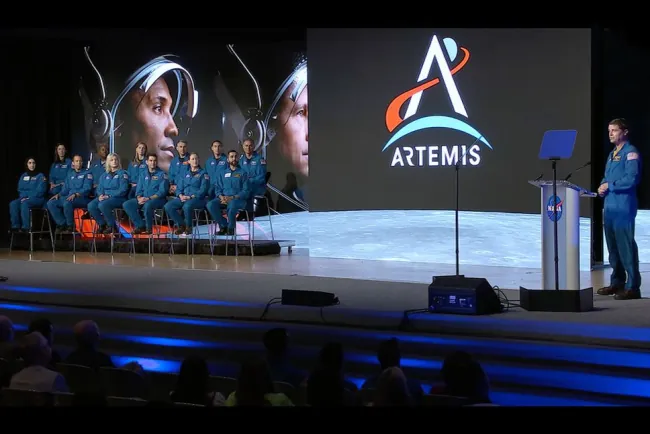Outline for Easy Navigation
- Introduction to Starship's Mars Mission
- The Science Behind Artificial Gravity
- Challenges in Implementing Artificial Gravity
- Alternative Solutions and Industry Efforts
- The Future of Space Travel
- FAQs
- Conclusion
Introduction to Starship's Mars Mission
SpaceX, led by visionary CEO Elon Musk, is on the brink of revolutionizing space travel with its Starship spacecraft, aimed at facilitating human journeys to Mars. Amid preparations for its orbit-testing launch, Musk has shared insights on making long-duration space voyages more bearable through the concept of artificial gravity, hinting at a future where space travel mirrors the comforts of Earth more closely.
The Science Behind Artificial Gravity
Artificial gravity, a notion that has tantalized scientists and sci-fi enthusiasts alike for decades, may soon transcend fiction under Musk's guidance. By introducing a gentle spin to the Starship en route to Mars, passengers could enjoy a semblance of Earth's gravity, mitigating the health risks associated with prolonged exposure to microgravity. This innovative approach not only promises to safeguard astronauts' physical well-being but also to enhance the overall journey experience.
Challenges in Implementing Artificial Gravity
Despite its potential benefits, the creation of artificial gravity in space is fraught with technical hurdles. The necessity for a large spacecraft structure to facilitate a comfortable spin rate, the risk of motion sickness, and the differential gravitational effects on the human body are among the core challenges that SpaceX must navigate. Yet, Musk's forward-thinking proposals, including tethered spacecraft pairs, signal SpaceX's commitment to overcoming these obstacles.
Alternative Solutions and Industry Efforts
SpaceX is not alone in its quest to harness artificial gravity for space exploration. Collaborations and research initiatives across the space industry, including notable contributions from Airbus, NASA, and Blue Origin, underscore a collective push towards making long-term space habitation viable. As these endeavors progress, they pave the way for groundbreaking advancements in space station design and interplanetary travel.
The Future of Space Travel
While the vision of a Mars-bound Starship equipped with artificial gravity may seem distant, the ongoing efforts and explorations in this arena highlight a future where interstellar travel is as nuanced and health-conscious as terrestrial journeys. Musk's ambitious project, despite its current embryonic stage, stands as a testament to the boundless possibilities that await humanity beyond Earth's confines.
FAQs
-
Q: What is artificial gravity?
-
A: Artificial gravity is a simulated gravitational force, created through methods like rotation, to mimic the effects of Earth's gravity in space.
-
Q: Why is artificial gravity important for space travel?
-
A: It helps counteract the adverse health effects associated with prolonged weightlessness, including muscle atrophy and bone density loss.
-
Q: Has artificial gravity been implemented in space travel before?
-
A: While not yet realized in actual missions, the concept is under active research and consideration for future space exploration endeavors.
Conclusion
The prospect of Starship's slow spin creating artificial gravity marks a significant milestone in the journey towards making Mars and beyond accessible to humanity. As SpaceX continues to innovate, the dream of sustainable and health-conscious interplanetary travel inches closer to reality, promising an exciting new chapter in human exploration of the cosmos.
Explore further insights and updates on our journey to Mars and beyond at Kiksee Magazine. Join us as we venture into the unknown, bringing the future of space travel to the present.






















